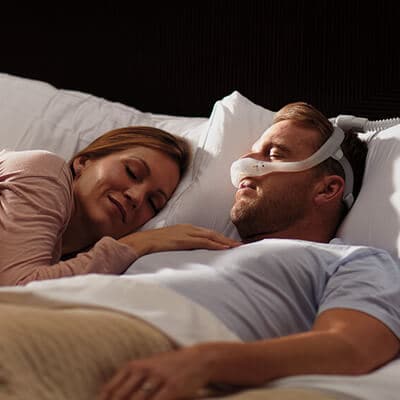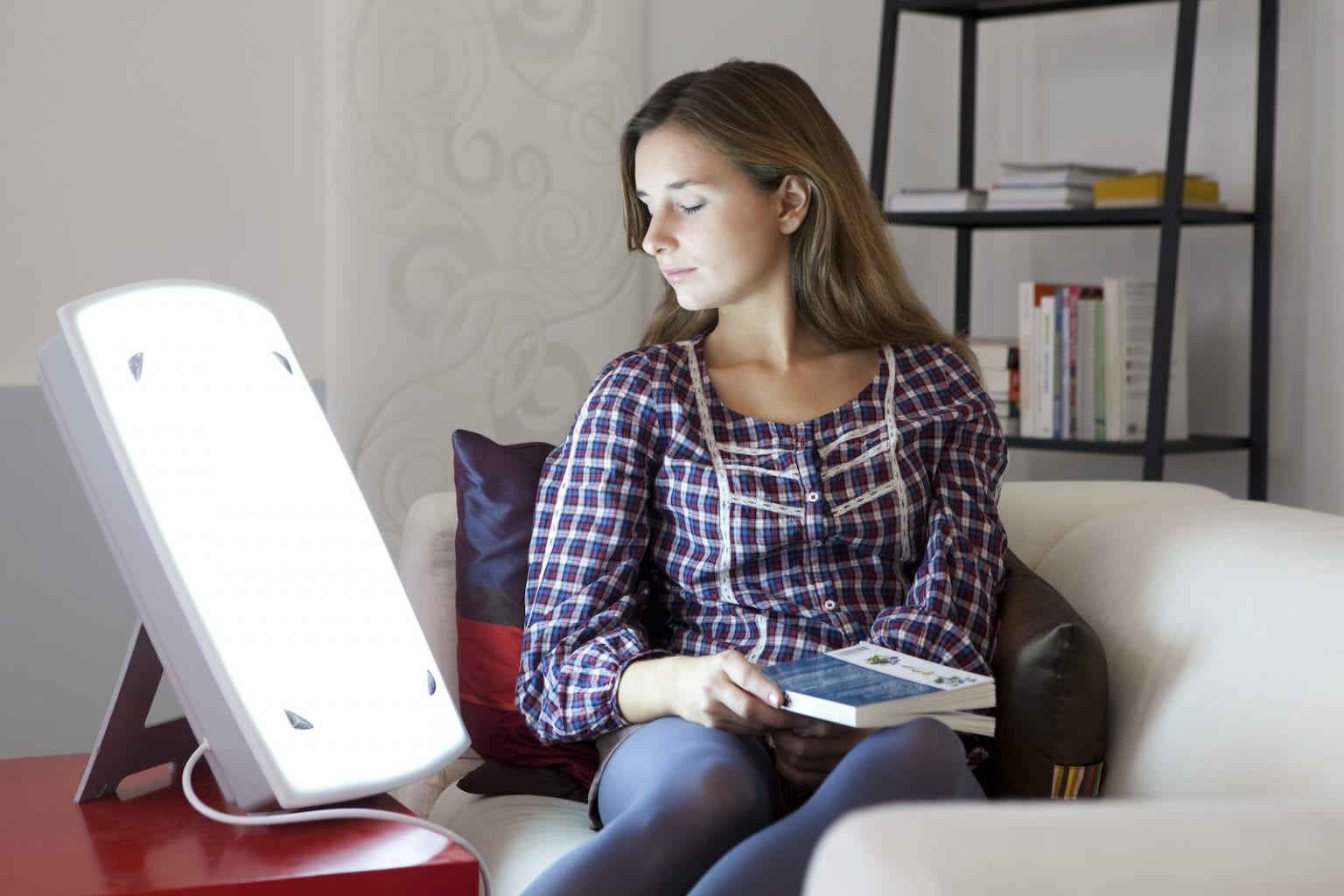Effective Treatment Solutions for Handling Rest Disorders and Enhancing Peaceful Sleep
In the realm of healthcare, the management of rest conditions and the mission for relaxing sleep are pivotal parts of general well-being. Reliable treatment solutions offer a complex technique to deal with these challenges, ranging from cognitive behavior interventions to all natural methods that advertise relaxation and mindfulness. The expedition of different techniques, consisting of the combination of medication and light treatment, opens up a world of opportunities in the quest of far better rest high quality. As we navigate the complex landscape of sleep problems and look for to enhance our sleep experience, a much deeper understanding of these treatment services may hold the key to unlocking a more rejuvenating and satisfying corrective journey.
Cognitive Behavior Treatment for Sleep Problems (CBT-I)
Cognitive Behavioral Therapy for Insomnia (CBT-I) is an organized, evidence-based treatment approach that concentrates on addressing the hidden variables adding to rest disturbances. This type of therapy intends to customize actions and thoughts that intensify sleep problems, ultimately promoting healthy rest patterns. CBT-I typically involves a number of key elements, including cognitive treatment, sleep constraint, stimulus control, and sleep hygiene education and learning.
Cognitive therapy helps people recognize and alter adverse thought patterns and beliefs about sleep that might be impeding their ability to drop or remain asleep. Rest limitation entails limiting the amount of time spent in bed to match the individual's actual rest period, consequently boosting sleep effectiveness (insomnia specialist). Stimulus control techniques assist develop a solid association in between the bed and sleep by urging individuals to head to bed only when drowsy and to prevent participating in promoting activities in bed
Moreover, sleep hygiene education and learning concentrates on creating healthy rest practices, such as maintaining a consistent sleep schedule, creating a relaxing going to bed routine, and enhancing the sleep atmosphere. By attending to these aspects comprehensively, CBT-I offers an efficient non-pharmacological treatment for handling sleeplessness and enhancing general sleep top quality.
Sleep Hygiene Practices
Having established the structure of cognitive restructuring and behavioral alterations in resolving sleeplessness with Cognitive Behavior modification for Sleep Problems (CBT-I), the focus now changes towards discovering necessary Sleep Hygiene Practices for keeping ideal rest high quality and general health.
Sleep health practices encompass a variety of habits and ecological factors that can significantly influence one's ability to drop off to sleep and stay asleep throughout the evening. Consistent sleep and wake times, creating a relaxing bedtime regimen, and maximizing the rest setting by keeping it dark, silent, and cool are critical parts of excellent rest hygiene. Restricting exposure to displays prior to going to bed, preventing stimulants like high levels of caffeine near going to bed, and participating in routine exercise throughout the day can additionally advertise better sleep quality.
Furthermore, practicing relaxation methods such as deep breathing exercises or reflection before bed can assist relax the mind and prepare the body for rest. By including these sleep hygiene methods right into one's daily routine, individuals can develop a healthy rest pattern that sustains relaxed rest and total health.
Relaxation Techniques and Mindfulness
Implementing leisure techniques and mindfulness techniques can play a crucial duty in fostering a feeling of calmness and advertising high quality sleep. Additionally, assisted imagery can help carry individuals to a serene area in their minds, helping in anxiety reduction and improving sleep high quality.
Mindfulness practices, such as reflection and yoga exercise, are additionally effective in advertising leisure and enhancing rest. Mindfulness encourages people to stay existing in the minute, releasing fret about the past or future. By integrating these practices into a going to bed routine, individuals can signal to their bodies that it is time to prepare and take a break for sleep. In general, integrating leisure strategies and mindfulness methods can substantially add to managing sleep disorders and boosting general rest high quality.

Medication Options for Rest Disorders
After exploring leisure methods and mindfulness techniques as non-pharmacological treatments for improving rest high quality, it is important to take into consideration medication options for individuals with sleep disorders. In situations where lifestyle adjustments and treatment do not supply adequate alleviation, medication can be a useful device in managing rest disturbances.
Generally recommended drugs for rest disorders consist of benzodiazepines, non-benzodiazepine hypnotics, antidepressants, and melatonin receptor agonists. Antidepressants, such as trazodone, can be advantageous for people with co-occurring anxiety and rest disruptions - cognitive behavioral therapy for insomnia (CBT-I).
It is critical for people to talk to a medical care carrier to determine the most ideal medicine option based on their details sleep condition and case history.
Light Therapy for Body Clock Law
Light therapy, also referred to as photo-therapy, is a non-invasive therapy technique made use of to manage circadian rhythms and enhance sleep-wake cycles. This therapy entails exposure to intense light that imitates natural sunshine, which assists to reset the body's body clock. By revealing individuals to specific wavelengths of light, generally in the morning or night depending on the wanted effect, light therapy can successfully change the circadian rhythm to promote wakefulness during the day and improve peaceful rest during the night.
Research has revealed that light therapy can be particularly valuable for individuals with circadian rhythm conditions, such as postponed sleep phase disorder or jet lag. It can also be helpful for those experiencing seasonal depression (SAD), a kind of depression that normally occurs throughout the winter season when natural light direct exposure is decreased. Light treatment is typically well-tolerated and can be used in conjunction with other this contact form treatment approaches for sleep disorders to enhance end results and enhance total sleep top quality.
Verdict
To conclude, reliable treatment options for taking care of her comment is here sleep disorders and improving peaceful rest consist of Cognitive Behavioral Treatment for Sleep Problems (CBT-I), rest health methods, relaxation strategies and mindfulness, drug options, and light treatment for body clock regulation. These techniques can aid individuals improve their rest quality and total wellness. It is very important to consult with a medical care service provider to establish one of the most suitable strategy for dealing with sleep concerns.
As we navigate the detailed landscape of rest conditions and look for to boost our sleep experience, a much deeper understanding of these treatment options might hold the secret to unlocking a more rejuvenating and meeting restorative journey.
Sleep restriction involves restricting the quantity of time spent in bed to match the person's actual sleep duration, thus raising rest effectiveness. Regular rest and wake times, developing a relaxing bedtime routine, and enhancing the sleep atmosphere by maintaining it dark, peaceful, and cool are essential parts of good rest hygiene. Light therapy is usually well-tolerated and can be made use of in conjunction with types of narcolepsy various other treatment techniques for sleep disorders to enhance results and boost overall sleep top quality.
